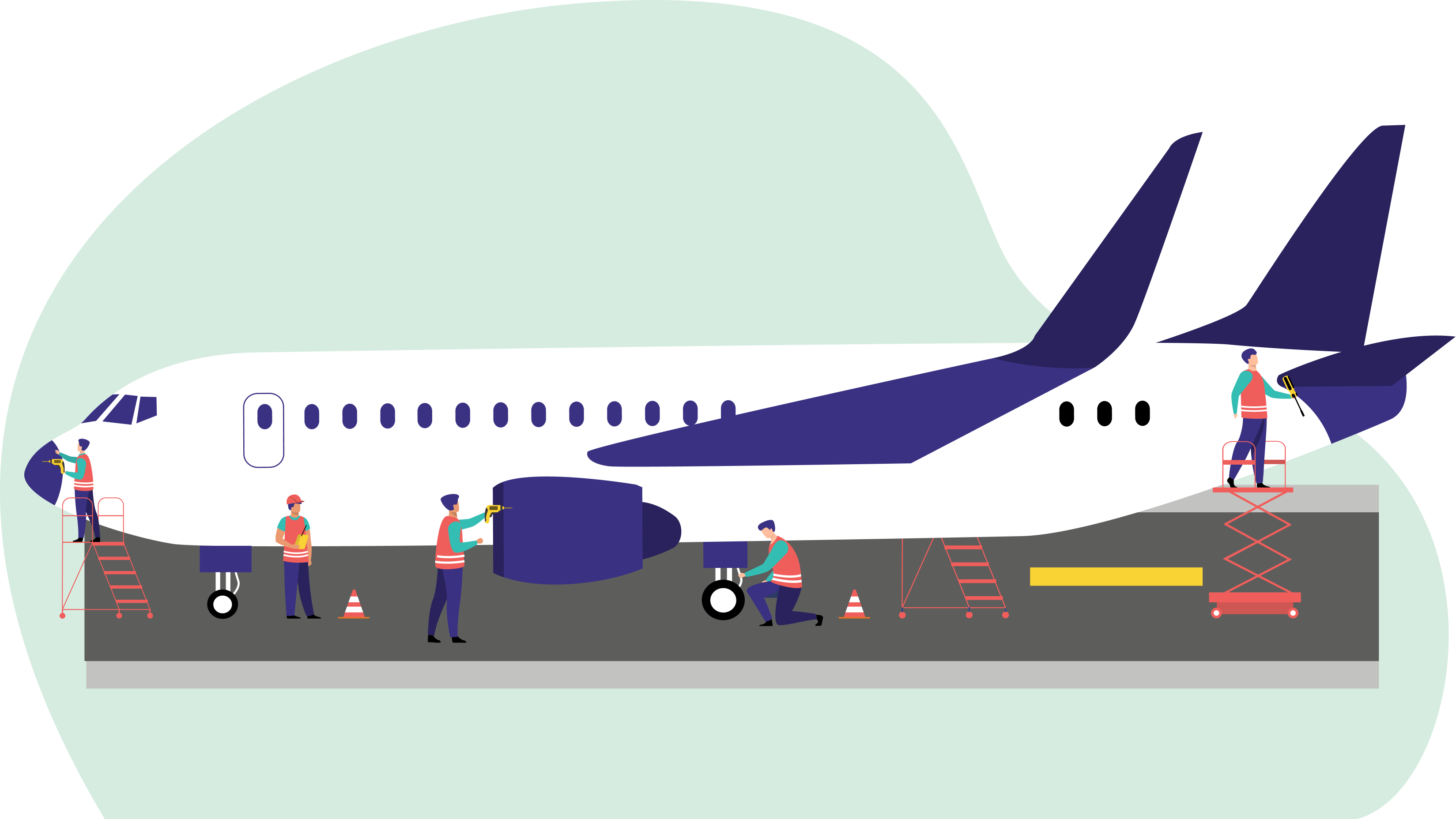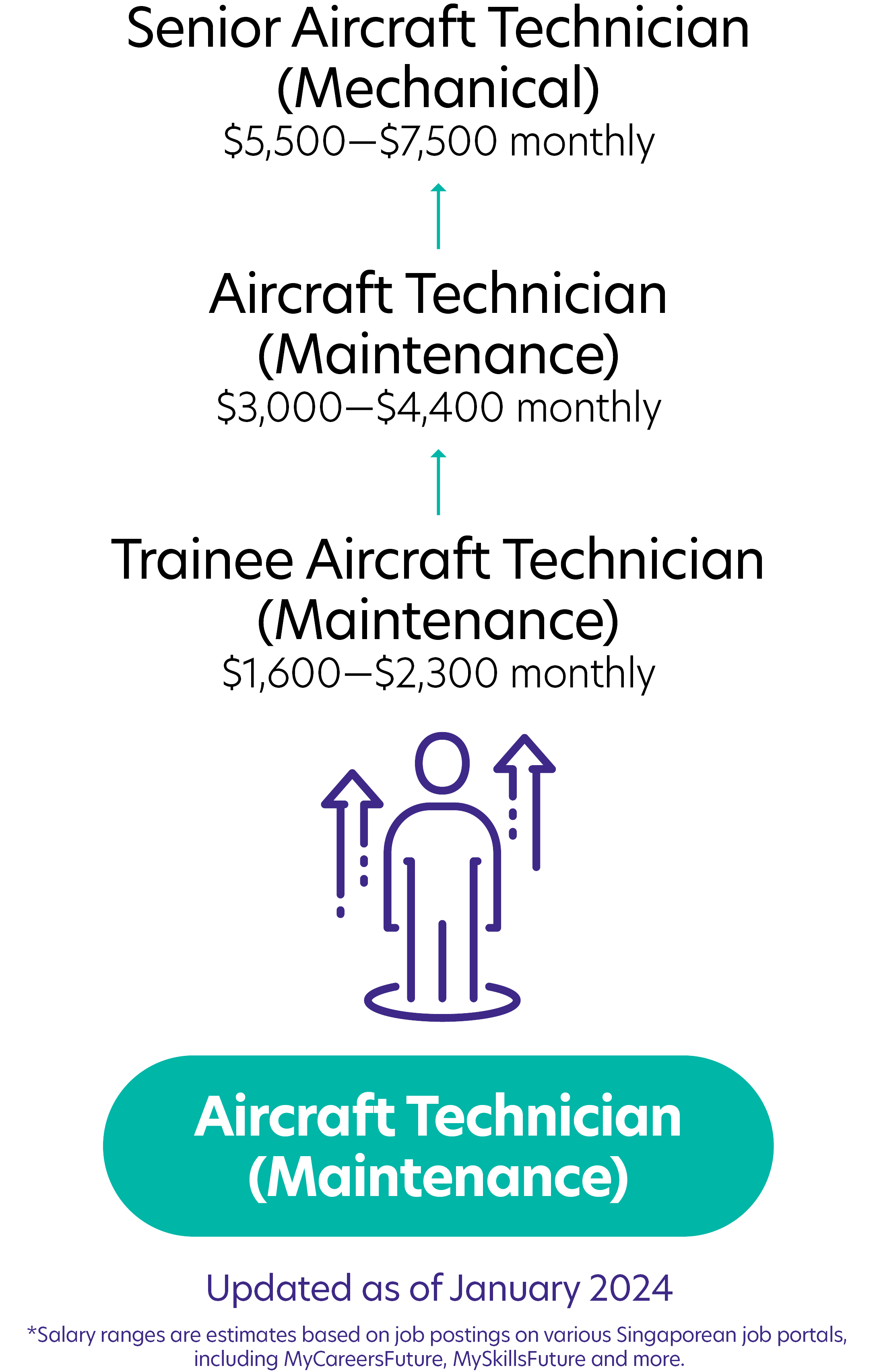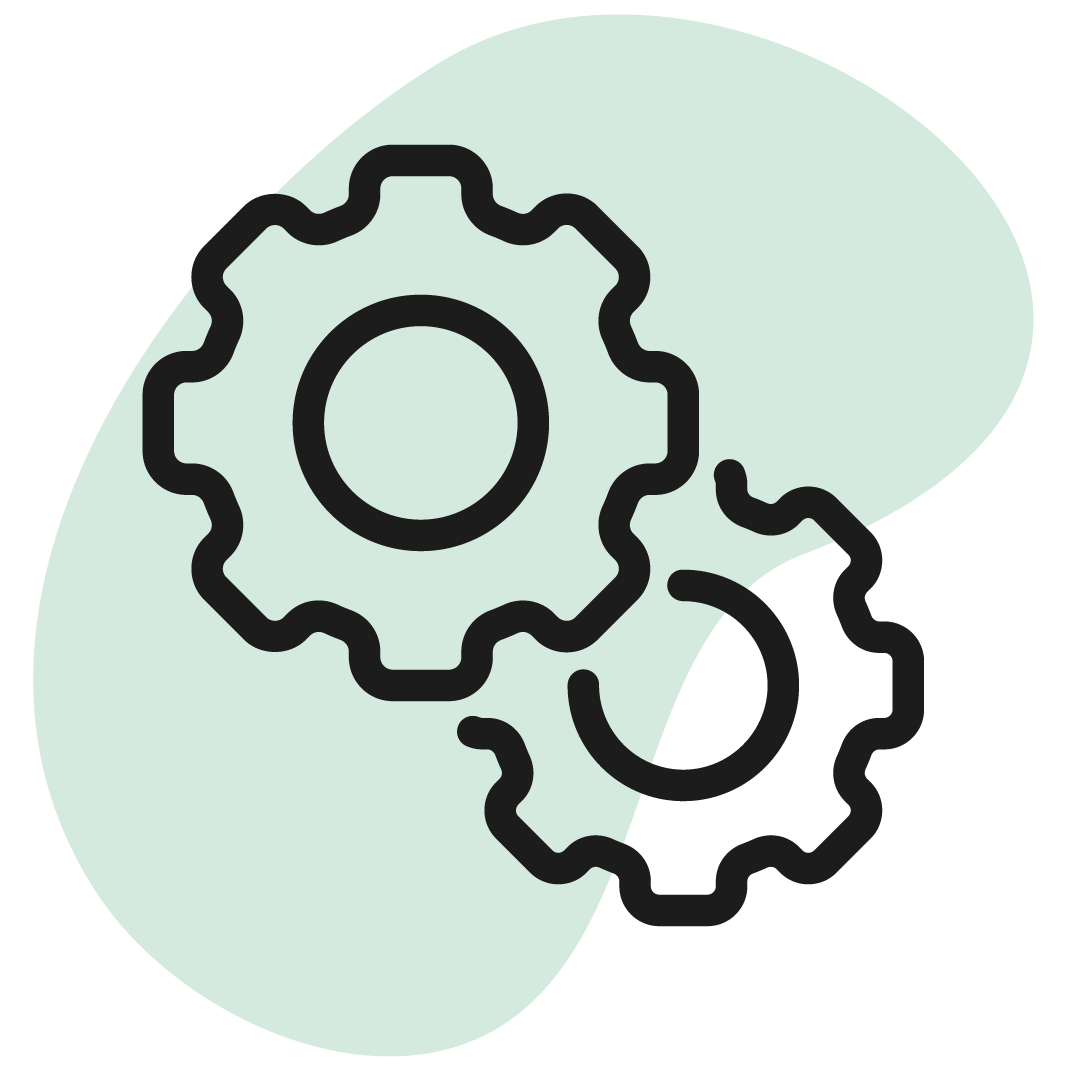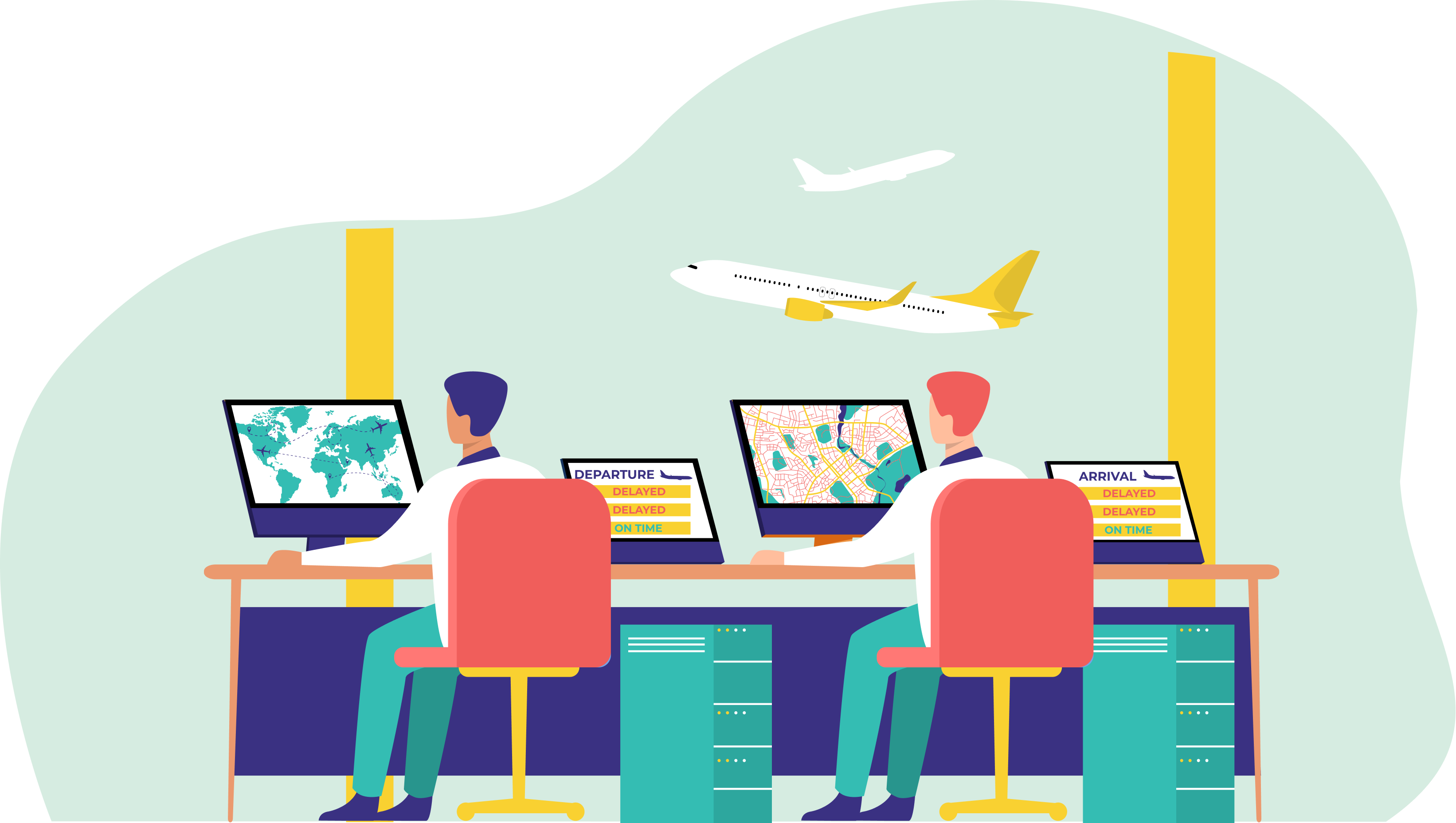
Aircraft Technicians perform inspections, repairs, and maintenance services on aircraft equipment, components, and structures as per technical manuals and standard operating procedures (SOPs).
Aircraft Technician Job Description
- Administer quality control.
- Conduct aircraft maintenance, repair and overhaul (MRO).
- Conform to management system requirements.
- Perform Non-Destructive Testing (NDT) to detect flaws in aircraft materials and components.
- Ensure compliance with safety regulations and standards.
- Implement preventive maintenance strategies to minimise downtime.
- Adhere to environmental policies and procedures during operations.
Note
Besides conducting inspections of an aircraft on airport runways, Aircraft Technicians also work in hangars or workshops when performing maintenance work.
What you should know about Aircraft Technician jobs in Singapore
Nature of Work
You will be conducting maintenance on and repairing aircraft, ensuring their operational safety.Key Advice
You will often work in shifts to support 24/7 flight operations.-
Entry RequirementsEntry Requirements
- Minimally, a Nitec or Polytechnic diploma in an Aerospace or Engineering related discipline is preferred.
- To perform maintenance work on a Singapore-registered aircraft as an Aircraft Technician, you will need an Aircraft Maintenance License (AML) from the Civil Aviation Authority of Singapore (CAAS).
- Practical experience in Aircraft Maintenance procedures and standards is highly regarded, with preference given to candidates who have completed an apprenticeship or hands-on training programme in Aircraft Engineering.
- A thorough understanding of safety regulations and the ability to adhere strictly to them is mandatory to maintain the highest levels of safety and compliance.
-
Possible PathwayPossible Pathway

Skills you need to pursue an Aircraft Technician career in Singapore
 Hard Skills
Hard Skills
Aerospace Maintenance Practices Application
Ensuring Aerospace maintenance for aircraft safety and reliability.Aircraft Fuel and Engine Systems Maintenance
Maintaining aircraft fuel and engine systems for optimal performance.Airframe Systems Maintenance
Upkeeping airframe systems to maintain aircraft structural integrity.Decision Making
Swiftly make informed decisions to ensure effective, positive outcomes.Problem-Solving
Identify and resolve technical issues with practical solutions.Teamwork
Collaborating effectively with the team to achieve common goals.Related Job Roles
Explore Other Programmes
Browse AllYou have bookmarked your first item!
Find it in My Discoveries with insights on your interests!



